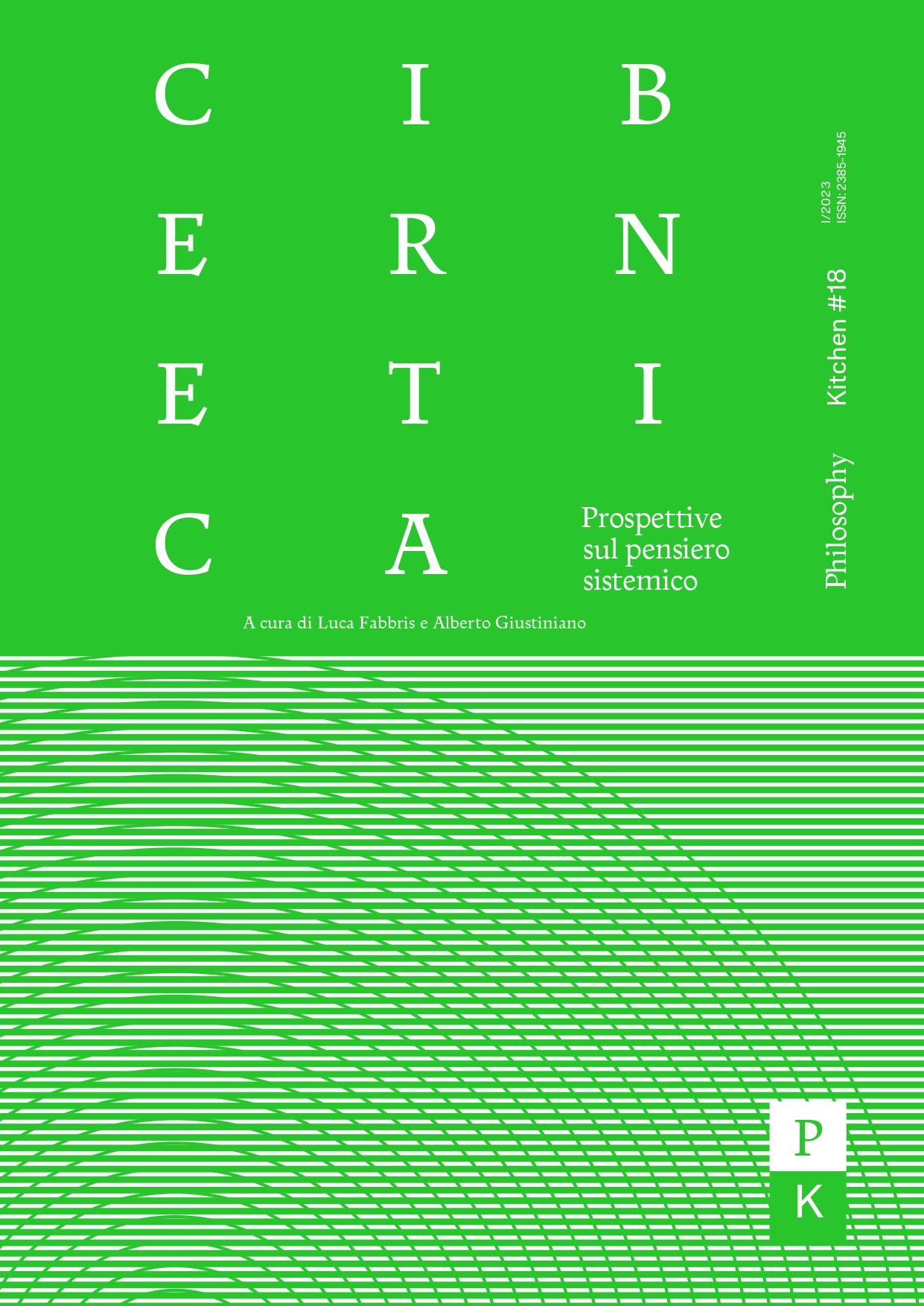The Unmeaning Machine. Cybernetics from Semiotics to AI
DOI:
https://doi.org/10.13135/2385-1945/7834Abstract
This paper partly retraces the impact of cybernetics on the issue of meaning, showing 1) how cybernetics and information theory prepared the epistemic conditions for semantics-focused approaches to Artificial Intelligence (AI); and 2) that cybernetics was an opportunity also for the renewal of ideas concerning artistic experience. The latter point is explored in cybernetics’ crossing with aesthetics, as it occurred in Umberto Eco. His move towards semiotics in the late 60s indicates, on one side, a dissatisfaction with information theory, at first deemed ideal to grasp post-war poetics, but also, on the other, the survival of an interest towards its concepts, so much so that Eco integrated information theory in his general semiotics. Eco’s thoughts on the difference between information and meaning lead us to reflect on how the intersection of aesthetics and semiotics, occurred through cybernetics, changed the way in which we conceive of creativity in AI. This change contributes to shaping contemporary studies that simulate creativity with computational means.






